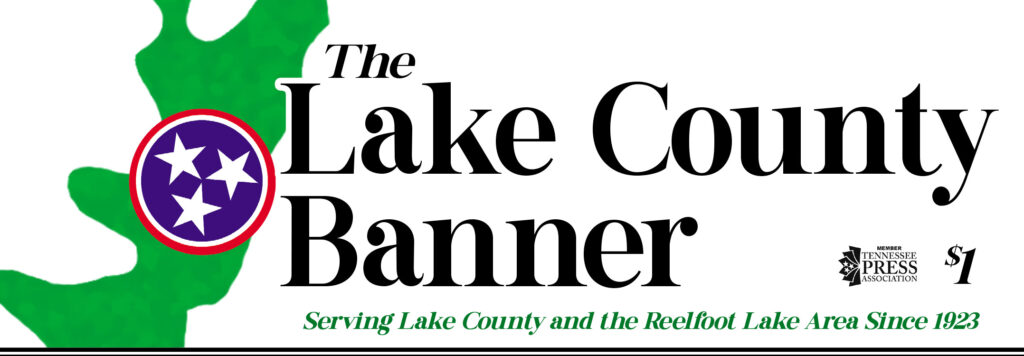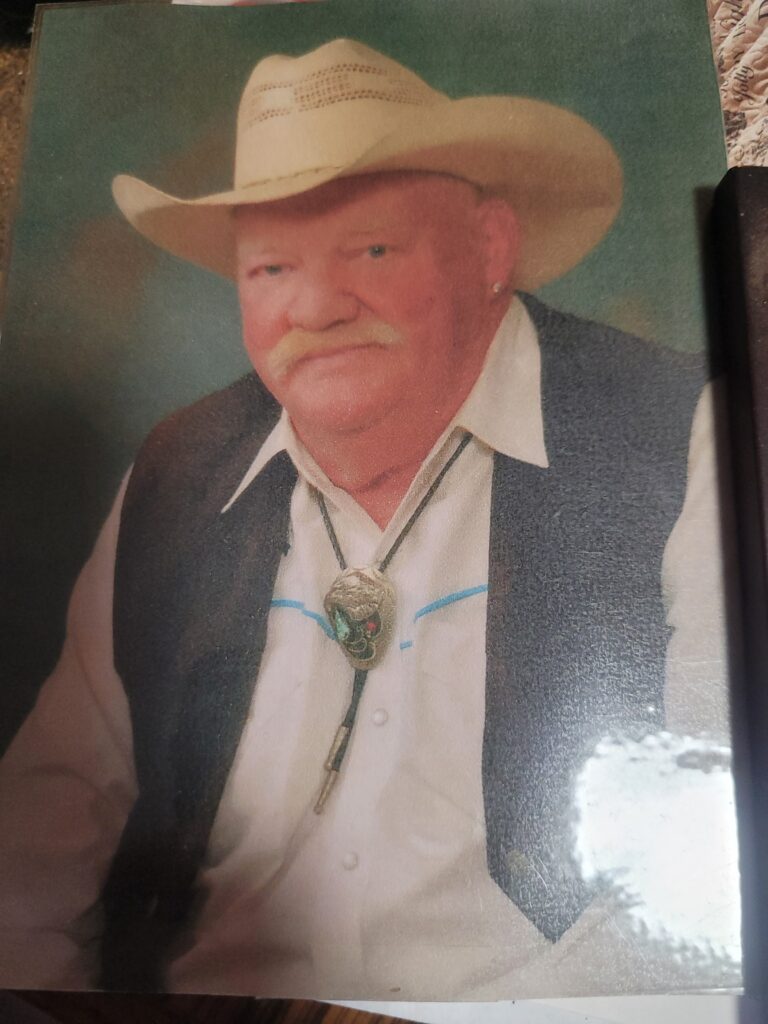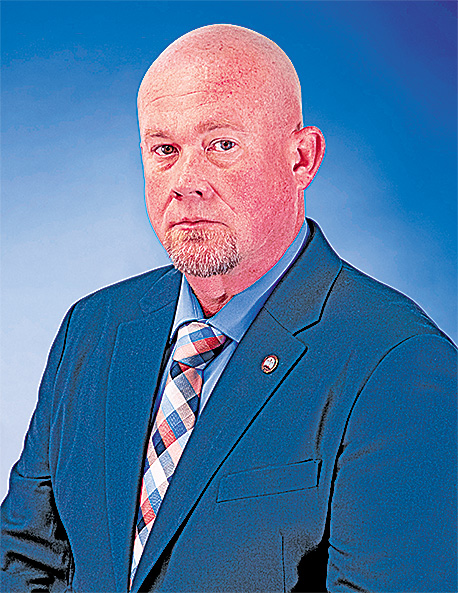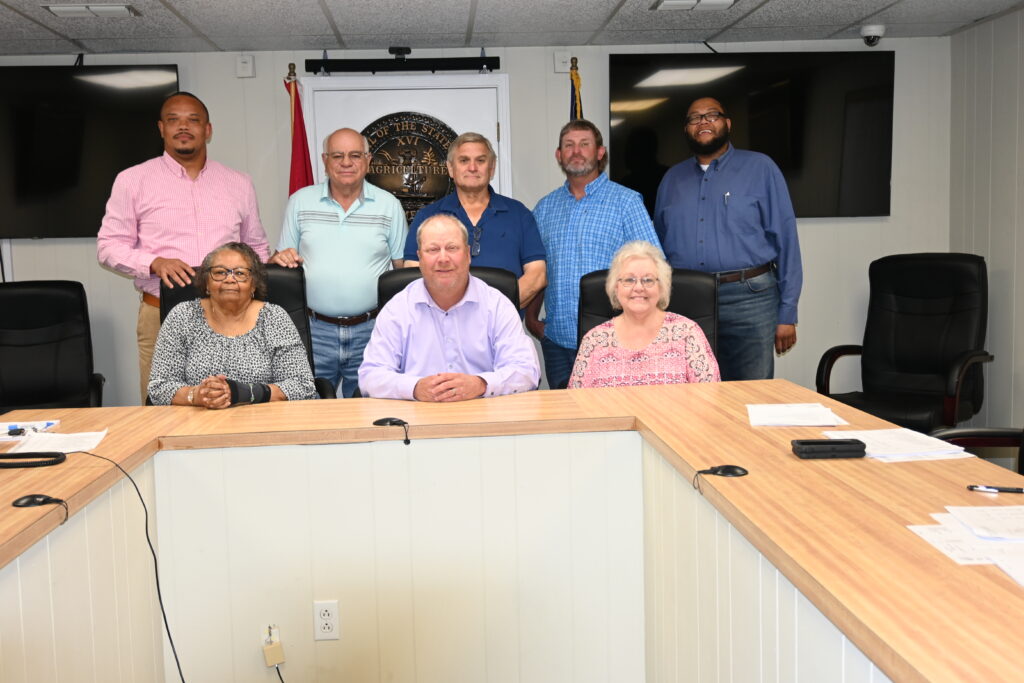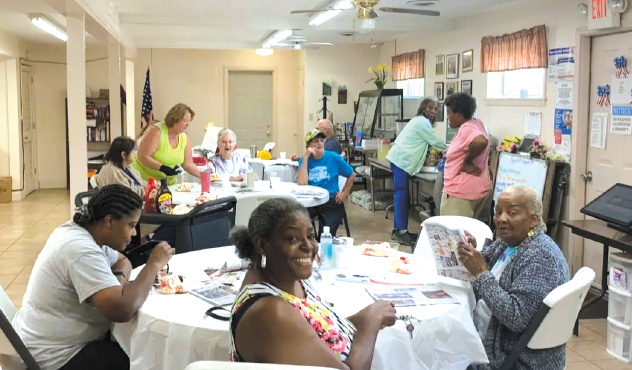
More than 107,000 people died as a result of a drug overdose last year in the nation, surpassing deaths by suicide, automobile accidents and COVID-19 for 18-45-yearolds.
In light of recent statistics and the rise in illicit synthetic fentanyl deaths, members of the Tennessee Bureau of Investigation and Tennessee Department of Mental Health and Substance Abuse Services
(TDMHSAS) joined together in a press conference in Nashville last week to offer updates in services for those facing addiction. Wednesday, Aug. 31, 2022, was International Overdose Awareness Day.
During Wednesday’s press conference, TDMHSAS Director of Prevention and Early Intervention Services Anthony Jackson, Jr. highlighted the fentanyl test-strip pilot program implemented a little over
month ago across the state.
Jackson oversees community coalitions across the state who are funded to reduce rates of drug misuse. Additionally, he oversees programs which educate the public and distribute Naloxone, and he has been on the forefront of efforts to distribute fentanyl test strips. Funding for the test strips was recently allotted by the Tennessee General Assembly.
Jackson explained the test strips are distributed to law enforcement agencies and coalitions across the state. It has been a “cheap, easy tool for people with addiction,” according to Jackson. Data shows within one month of the test-strip distribution, 81 percent of addicts adjusted their behavior by not using in Tennessee.
Nationwide, it has accounted for 70 percent of adjusted behavior by addicts. The test strips can determine if illicit substances contain fentanyl, which has proven deadly when combined with drugs such as heroin, cocaine and methamphetamine.
TBI Director David Rausch noted his department had concerns about the distribution of test strips, but it has proven to be a harm-reduction strategy.
“We’re seeing that the intervention is changed behavior. We had huge concerns but when we looked at the data, we have adjusted where we were with them,” Rausch shared.
TDMHSAS Commissioner Marie Williams said they want those who live with addiction to know their lives have purpose and value. More funding was appropriated this year by the state GA and governor’s office for outreach and treatment.
An additional $6 million was funded for mental health support, $18 million for provider retention and $1 million more in recovery programs. The state implemented a free, confidential helpline for addicts to get on the road to recovery. Those seeking help can call or text TN REDLINE at 1-800-889-9789.
Williams said funding and legislation are the prescriptions to success. New laws restrict the duration of pain medication prescriptions of pain medications, noting those who take them for five days or longer are more likely to become addicted to the medicine. Another tool for addicts is the availability of Narcan/Naloxone, which is offered through local health departments and/or drug-free and prevention
coalitions.
Regional Overdose Prevention Specialists across the state work with law enforcement agencies, first responders and community members in Narcan/Naloxone training for opioid overdose prevention.
ROPS representatives for Region 6N (which includes Lake County) are Melesa Lassiter, [email protected], 731-819-7603 and Jennifer Watkins, [email protected], 731-223-9310.
Regional Overdose Prevention Specialists interface with their assigned communities primarily through training events.
Material for the trainings consists of:
Harm Reduction – Harm Reduction is a way of preventing disease and promoting health that meets people where they are rather than making judgments about where they should be.
Scientifically-proven ways of mitigating risks associated with use are essential. This includes the distribution of the lifesaving opioid overdose antidote Naloxone.
Addressing Stigma – ROPS seek to reduce stigma in their communities by encouraging people at their trainings to use person-first language, remembering that the person living with a substance use
disorder is still a person first.
Other stigma-reducing topics include identifying unintentional bias, examining drug use from a continuum perspective, and understanding that substance misuse is often linked to trauma.
Increasing Public Awareness – In their trainings, ROPS also share knowledge of the broader trends of the opioid crisis, the brain science of addiction, compassion fatigue, and how to administer naloxone.
Through Pathways, The Hope Center, located at 222 E. Court St. Suite A in Dyersburg provides recovery support services for Lake County residents. Contact Junetta Tate by email at [email protected] or phone 731-287-7535 from 8 a.m. until 3:30 p.m. Tuesdays through Thursdays for information about services.
